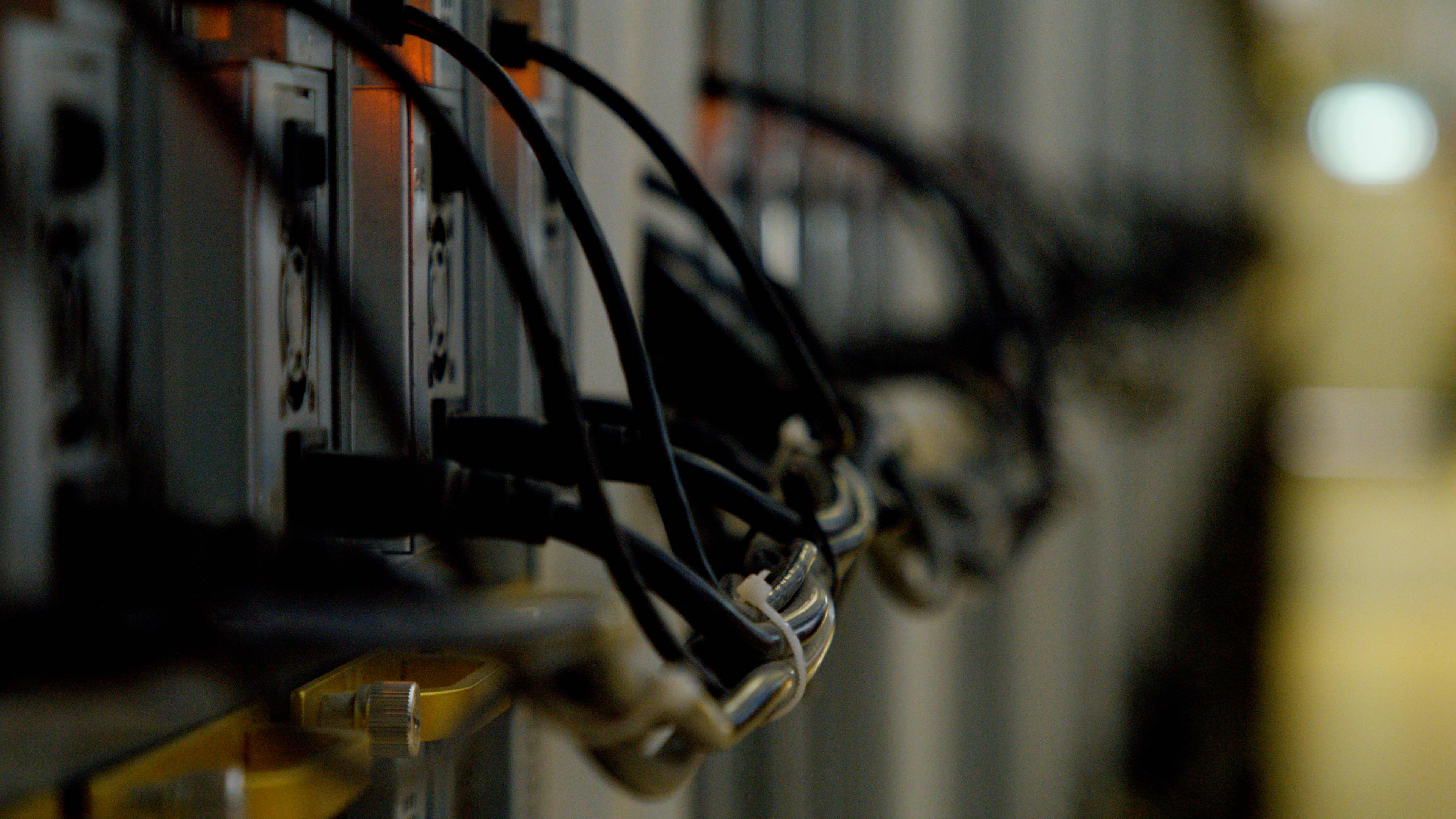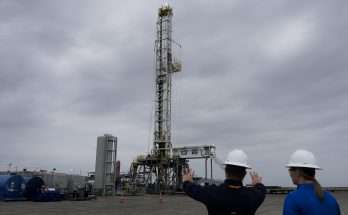
Some of the biggest names in bitcoin — including Jack Dorsey, Tom Lee, and Michael Saylor — have banded together to refute claims made by House Democrats calling on the Environmental Protection Agency to investigate the environmental effects of crypto mining.
Bitcoin operates on a proof-of-work (PoW) mining model, meaning that miners around the world run high-powered computers to simultaneously create new bitcoin and validate transactions. Proof-of-work mining, which requires sophisticated gear and a whole lot of electricity, has virtually become synonymous with bitcoin, though ethereum — at least for another few months — still uses this method to secure its network.
Rep. Jared Huffman (D-Calif.), along with nearly two dozen House legislators, wrote to the EPA last week asking that the regulatory body ensure mining companies are in compliance with the Clean Air Act and Clean Water Act, citing “serious concerns regarding reports that cryptocurrency facilities across the country are polluting communities and are having an outsized contribution to greenhouse gas emissions.”
In a rebuttal letter sent to EPA Chief Michael Regan Monday morning, a mix of bitcoin miners and industry experts — as well as firms like Benchmark Capital, Fidelity Investments, and Fortress Investment Group — make the case that House Democrats got a lot wrong in their messaging about the fundamentals of proof-of-work mining.
For one, the letter takes issue with lawmakers conflating data centers with power generation facilities.
The rebuttal letter says, data centers that contain “miners” are no different than data centers owned and operated by Amazon, Apple, Google, Meta, and Microsoft. According to the letter, each is just a building in which electricity powers IT equipment to run computing workloads.
“Regulating what data centers allow their computers to do would be a massive shift in policy in the United States,” the letter reads.
“They’re confusing the public,” said Darin Feinstein, co-founder of cryptocurrency mining operator Core Scientific — and one of the primary authors on the letter. “The pollution comes from the energy generation source, and all data centers buy electricity off-site, upstream.”
Feinstein said if the EPA wants to regulate energy generation, there are already channels in place to regulate energy generation facilities on a federal, state, and local level.
“It would be very unusual for the EPA to regulate the kind of computation that’s occurring within a data center. That’s clearly outside of their remit,” Castle Island Venture’s Nic Carter, who helped to write the rebuttal, told CNBC.
“It doesn’t make any sense to ask the EPA to care about what kind of computation is being done,” said Carter.
While the EPA does regulate power plants, very few PoW mining companies actually own the power production, according to the rebuttal.
“The letter makes it sound like there’s a bunch of these vertically integrated miners like Stronghold and Greenidge…but that’s a minuscule portion of overall hashrate,” continued Carter, referring to an industry term used to describe the computing power of all miners in the bitcoin network.
Huffman and his fellow House colleagues also take issue with the specialized computing hardware, which they claim creates “major electronic waste challenges” as millions of devices quickly become obsolete, leading to large amounts of electronic waste.
The letter cites estimates that bitcoin mining alone produces 30,700 tons of electronic waste annually. “The industry needs to be held accountable for this waste and discouraged from creating it,” the letter argues.
The note to the EPA this morning refutes the e-waste claim, saying that legislators cited a widely criticized research study that makes bold assumptions about the depreciation timeline for mining rigs. The letter says that the assumption of a 1.3-year period for depreciation is “extremely short” and lawmakers infer that the entire fleet of rigs are periodically junked.
It is unclear whether the EPA will wade into the larger debate around proof-of-work mining. The agency did not immediately respond to CNBC’s request for comment.


